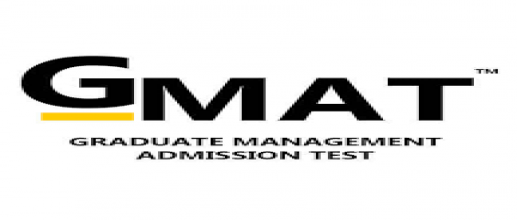
The GMAT 2023 exam registration dates were released by the Graduate Management Admission Council (GMAC) on May 5, 2023. However, beginning on August 29, 2023, interested and qualified applicants can apply for the exam by filling up the GMAT 2023 application form online by logging into the website. (@gmac.com. ). GMAT official-prep will be accessible from June 6 2023, including a free study planner for 6 weeks.
Graduate Management Admission Test (GMAT) is a standardized entrance exam conducted by the Graduate Management Admission Council (GMAC) for admission to various management programs in various business schools in different countries.
New structures have been added to the GMAT 2023 test, such as allowing aspirants to select the section order of the exam and the capability to review and amend questions. In addition, in GMAT 2023 Focus Edition, the sentence correction component has been removed, and a new section known as Data Insights (DI) has been added. Besides, GMAC has reduced the GMAT exam timings by one hour. As a result, there will be 45-minute 3 sections, and this edition does not comprise an essay.
The GMAT 2023 will be held multiple times a year. Hence, there is no specific date for the GMAT 2023 exam. However, the candidates can book their slot for the exam at their convenience during the application process.
GMAT 2023 Eligibility Criteria
Below are the minimal requirements for taking the GMAT 2023:
GMAT 2023 Registration Process:
The registration process for GMAT 2023 is completely online. Candidates have to create an account on the official GMAT website and follow the steps mentioned below:
GMAT 2023 Exam Pattern
|
Test Section |
Time limit |
Number of Questions |
Score range |
|
Analytical Writing Assessment |
30 |
1 |
0-6 in 0.5-point increments |
|
Integrated Reasoning |
30 |
12 |
1-8 in 1-point increments |
|
Quantitative Reasoning |
62 |
31 |
6-51 in 1-point increments |
|
Verbal Reasoning |
65 |
36 |
6-51 in 1-point increments |
GMAT 2023 Result
Results for GMAT 2023 will be made accessible online. Applicants may access their GMAT results by checking in with their registered email address and password. Candidates will be given a tentative result. The GMAT 2023 scorecard can be accessed up to 20 days following the test date. On the GMAT scorecard, the overall score, the percentile, and the candidates' information will all be shown.
GMAT 2023 Syllabus
Candidates must be familiar with the GMAT Syllabus 2023 if they intend to sit for the 2023 exam. These are the verbal skills and integrated reasoning sections, the quantitative part, and the analytical writing section. These parts will sum up the candidates' knowledge and skills.
|
Test Section |
Question Types |
|
Analytical Writing Assessment |
Analysis of an Argument |
|
Integrated Reasoning |
Multi-Source Reasoning Table Analysis Graphic Interpretation Two-Part Analysis |
|
Quantitative Reasoning |
Data Sufficiency Problem-Solving |
|
Verbal Reasoning |
Reading Comprehension Critical reasoning Sentence Correction |